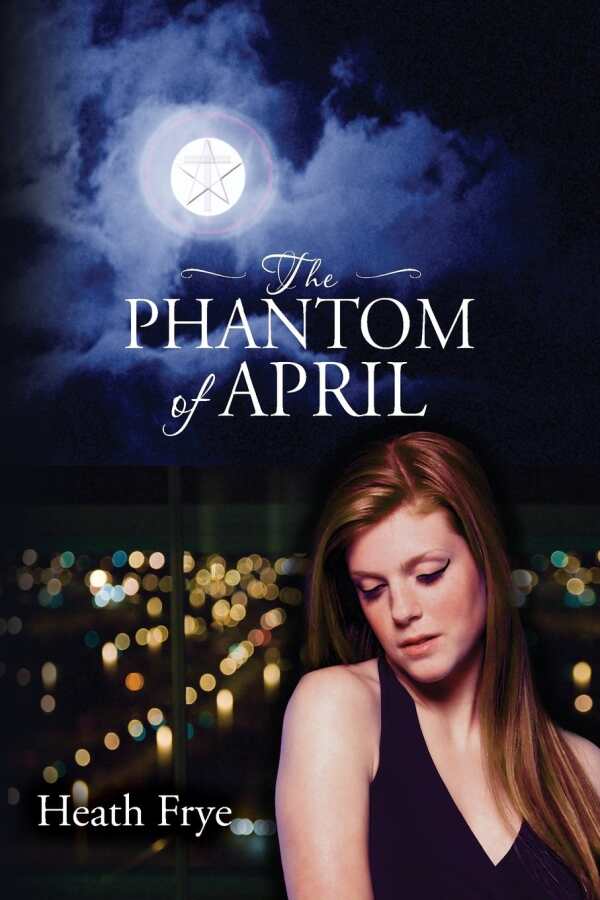
The Phantom of April
Jack Lumin, the central character in Heath Frye’s compelling novel, The Phantom of April, is a God-fearing Christian. And although his faith is occasionally tested in this spiritually rich story that incorporates Bible study, philosophy, and mythology, Jack remains true to his convictions that God exists and is benevolent.
An only child raised by a single mother, Jack is a loner who finds solace in reading and writing poetry. A conscientious student, Jack realizes his dream of entering West Point, where his faith remains intact despite being tested. Frye writes, “Why God allowed evil was a question he had struggled with … he knew in his mind it was only because evil had to exist in order for good to exist also.” It is a question that Jack puts at the back of his mind as he falls in love with Autumn, gets married, and has a daughter whom they name Faith. Jack may be a little unhappy with his job, but life has turned out very well for his family. Then, when tragedy destroys everything he’s ever held dear, Jack must once again face the question of why God “allowed evil at all.”
When Jack receives a box in the mail from the mysterious Pandora, the contents of the package turn his world upside down. It is then that Jack starts a spiritual journey that leads him to explore atheism, the pagan religion of Wicca, and other philosophies to find meaning in a chaotic world. “The old Christian concept of an all-powerful God of love made no sense in his new world of hate and evil.” Through a series of arguments with an atheist and a mysterious fortune teller, and through a tumultuous relationship with the seductive and illusive April, Jacob is led on a journey of self-discovery and down a path to a truth that transcends any one philosophy.
Frye has lived in and traveled to many different countries. Coupled with his education—he holds two master’s degrees and numerous industrial certifications—the author’s knowledge of foreign cultures is evident in this novel that seeks to illuminate the tension between good and evil.
The Phantom of April could be used as a text in an introductory course on world religions or in a philosophy class. The story is compelling, the plot moves forward at a satisfying pace, and the various spiritual viewpoints are cleverly woven into the plot line. For the most part, the writing is fluid. At times, however, it seems as though Frye is writing Jacob’s biography, and the text becomes a little stiff. This is particularly true when Frye is giving background information: “Because of his rich study and diverse skills, [Jack] was sought after by many universities with scholarship offers.”
Thought-provoking and meaningful, The Phantom of April doesn’t fit neatly into a particular genre. This novel would appeal to fans of philosophy and world religion and to readers who like books such as Jonathan Livingston Seagull or Zen and the Art of Motorcycle Maintenance.
Reviewed by
Julie Harthill Clayton
Disclosure: This article is not an endorsement, but a review. The publisher of this book provided free copies of the book and paid a small fee to have their book reviewed by a professional reviewer. Foreword Reviews and Clarion Reviews make no guarantee that the publisher will receive a positive review. Foreword Magazine, Inc. is disclosing this in accordance with the Federal Trade Commission’s 16 CFR, Part 255.
